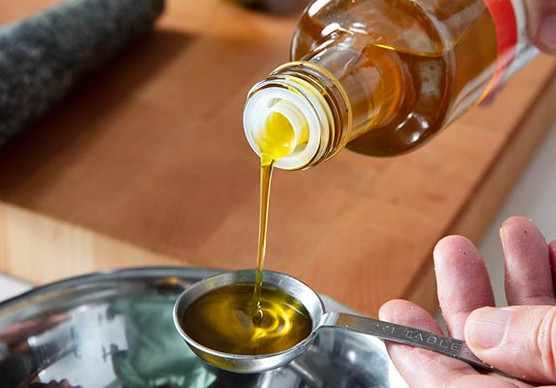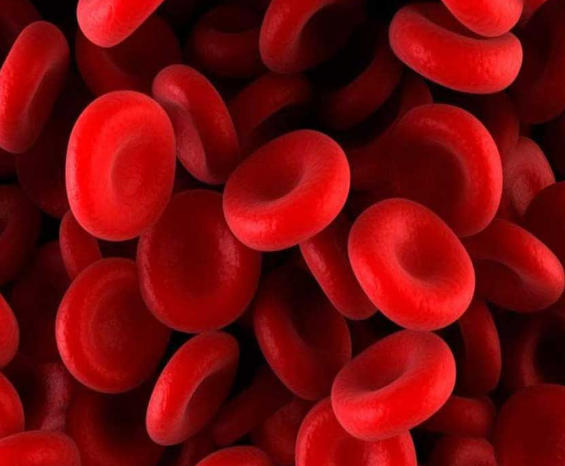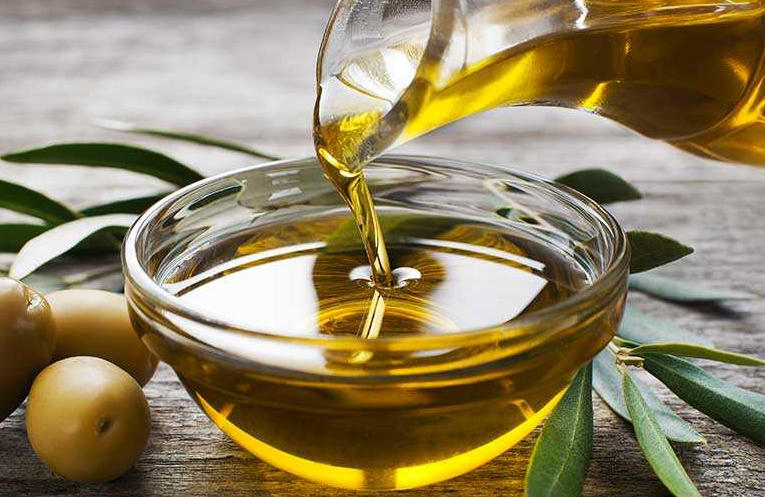Mustard oil for cooking good or bad : In Indian cooking, mustard oil is one of the most widely used natural oils. There are many health benefits associated with this oil. Learn more about the nutritional value, properties, and side effects of this oil.
Indian cooking often uses mustard oil. Reddish brown in color, this oil tastes spicy. The seeds of three types of mustard plants, namely black, white, and brown mustard, are used to extract mustard oil.
Because mustard oil contains monounsaturated and polyunsaturated fats, it helps maintain heart health. Mustard oil is also believed to be beneficial to the skin and hair by some people.
video :
Mustard oil for cooking good or bad
A tablespoon of mustard oil contains 124 calories and 14 grams of fat. Carbohydrates, protein, fiber, sugar, and salt are not found in this oil.

carbohydrates
A mustard seed contains carbohydrates in the form of fiber and starch, but mustard oil does not.
Protein:
Even though mustard seeds are used to prepare mustard oil, mustard oil does not contain protein.

Minerals and vitamins:
Even though mustard oil is advertised as containing micronutrients, mustard oil contains no minerals or vitamins.
Amount of calories:
There are 124 calories in 1 tablespoon of mustard oil, all of which come from fat.

mustard oil benefits
Mustard oil increases your intake of omega-3 and omega-6 fatty acids, both of which are polyunsaturated fats. Diet is the only way to obtain these essential fatty acids, as the body cannot produce them. We have listed below the benefits of polyunsaturated fats for maintaining health.

mustard oil for skin
1. Inflammation can be reduced
Omega-3 fatty acids in mustard oil reduce inflammation and blood clotting, as well as lower blood pressure. Cancer and heart disease are also reduced by omega-6 fatty acids.
Inflammatory diseases such as diabetes and some heart diseases are reduced by a diet rich in polyunsaturated fats.

2. Keep your heart healthy
Consuming monounsaturated fats instead of saturated fats reduces the risk of cardiovascular disease and death. Monounsaturated fats also reduce the amount of low-density lipoproteins (LDL), or bad cholesterol, thereby reducing cardiovascular disease risk.

3. Relief from coughs and colds
For centuries, mustard oil has relieved colds, coughs, respiratory diseases, and allergies. Inhaling water vapor containing mustard oil relieves respiratory tract congestion. Heat some mustard oil with a few cloves of garlic, a teaspoon of fennel, and some mustard oil. You can relieve coughs and colds by massaging the chest and legs with this combination. Sinusitis sufferers can also benefit from mustard oil.

4. Reducing death rates
The risk of death is reduced by getting more monounsaturated fats, according to research. Depending on the cause of death, this reduction varies.
Stroke mortality: 17%
Heart attack mortality: 9%
Cardiovascular diseases account for 12% of all deaths

5. It has antibiotic, antifungal, and anticancer properties
Mustard oil contains glucosinolate, which acts as an antibiotic, fungicide, and cancer-preventative agent. As a result, mustard oil can protect the body against gastrointestinal cancer. As an antifungal agent, allyl isothiocyanate in mustard oil protects food from fungi growth. Infections are reduced by this combination.

6. Enhancing the strength of red blood cells
There are many fats in mustard oil that the body needs for its biological functions. Fats play an important role in the formation of blood plasma, cell membranes, and cell lipids. Red blood cells’ membrane structure is improved by mustard oil, which reduces cholesterol.

8. Pain relief and inflammation relief
Massage the desired area with mustard oil regularly if you feel pain in your joints and muscles. During some hours of the day, people suffering from arthritis or joint inflammation experience dryness and joint pain. Massage with mustard oil can relieve these symptoms because mustard oil contains omega-3 fatty acids.

9. Immune system booster
Mustard oil’s chemical composition is compatible with our bodies’ needs. There is a small percentage of saturated fat in this oil, but there is a large amount of monounsaturated fat. In addition, this oil contains significant amounts of alpha-linolenic acid and linoleic acid. A proper ratio of omega-3 and omega-6 fatty acids strengthens the immune system while providing part of the body’s nutritional requirements.

10. Manage diabetes
A number of studies have examined the effects of diets on obesity and diabetes. Diets that are calorie-controlled, low in carbohydrates, and high in unsaturated fats can help you lose weight and lower your blood sugar levels. People with diabetes can significantly reduce their medication consumption and have more stable blood sugar levels on this diet.

11. Keep a healthy weight
Researchers in India have studied the effect of mustard oil and other oils on overweight and obesity. Families that mainly use mustard oil for food preparation are less likely to be obese and overweight, and those that mainly use refined oils are more likely to be obese.

Mustard oil allergy:
There are more mustard allergies than you might think. Consuming mustard oil may cause symptoms if you are allergic to mustard. Mustard allergy symptoms include:
Discoloration and itching of the skin anywhere on the body;
Mouth tingling;
Mouth itch
Symptoms of mustard allergy that are more severe include:
- Face, throat, and mouth swelling;
- Problems with breathing;
- Asthma;
- Pain in the abdomen;
- Feeling nauseated;
- You vomit.
Symptoms of mustard allergy should be evaluated by your doctor for proper diagnosis and treatment.
Symptoms include:
Mustard oil contains erucic acid, which can harm the heart if consumed in excess. Inflammation of the mucous membranes and a runny nose are other side effects of excessive mustard oil use. Women during pregnancy should also be cautious when consuming mustard oil since some compounds present in small amounts in this oil may be harmful to the developing fetus and the mother.
Using this oil excessively can damage the skin and cause small and large blisters.
mustard oil uses
Mustard oil should be stored in a container that is tightly sealed and does not allow air to get into it. Also, keep the oil away from direct sunlight in a dry, cool place.

Mustard oil for cooking good or bad
Mustard oil has a higher smoke point than olive oil or even safflower oil. The smoke point of oil is the temperature at which it begins to smoke.
Since mustard oil has a smoke point close to 250 degrees Celsius, it is usually used for frying and other high-heat cooking methods. You can also use this oil for cooking and preparing salads, in addition to frying. In addition to seasonings and pickles, mustard oil can be used as a preservative.
Mustard oil is used medicinally in the following ways:
Inhaling water vapor containing mustard oil will help clear respiratory tract congestion, as we have already stated. In addition, you can relieve coughs and colds by massaging the chest and legs with garlic, Roman zenian and mustard oil.
Respiratory problems can be resolved by consuming 1 teaspoon of mustard oil with the same amount of honey.
As a mouthwash, mustard oil kills bacteria and prevents bleeding gums. Make a paste of turmeric, salt, and mustard oil and apply it to the teeth and gums. Maintaining the health of teeth and gums is made easier by doing this.


